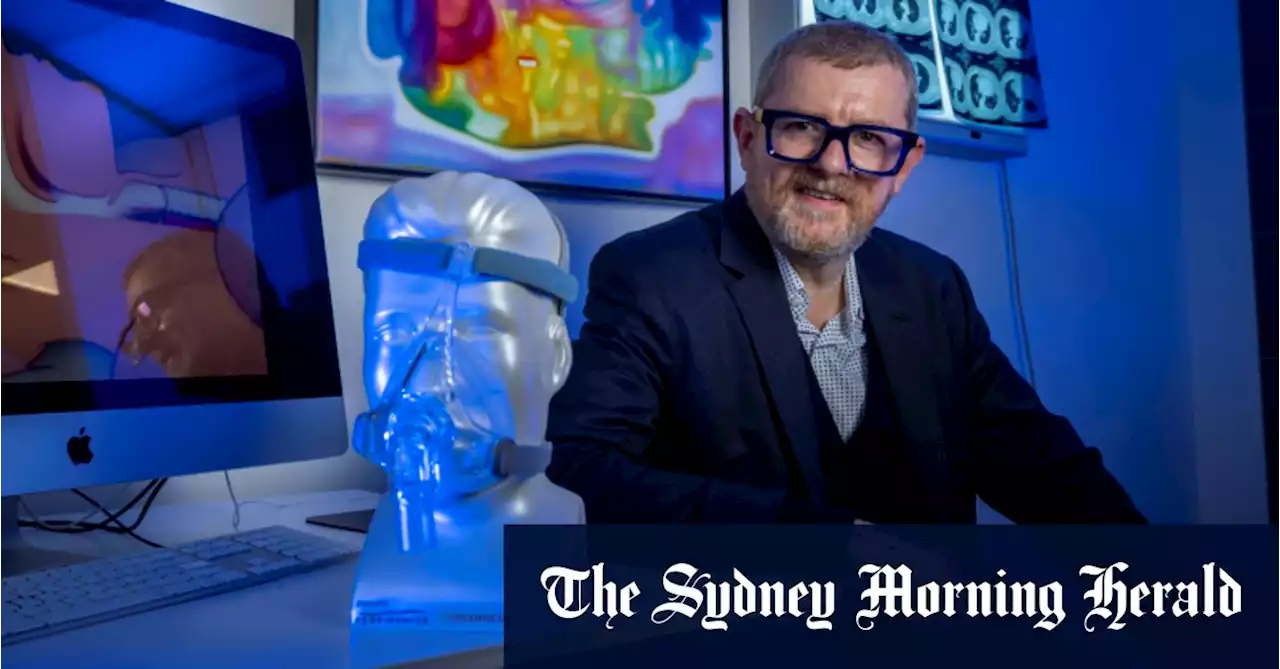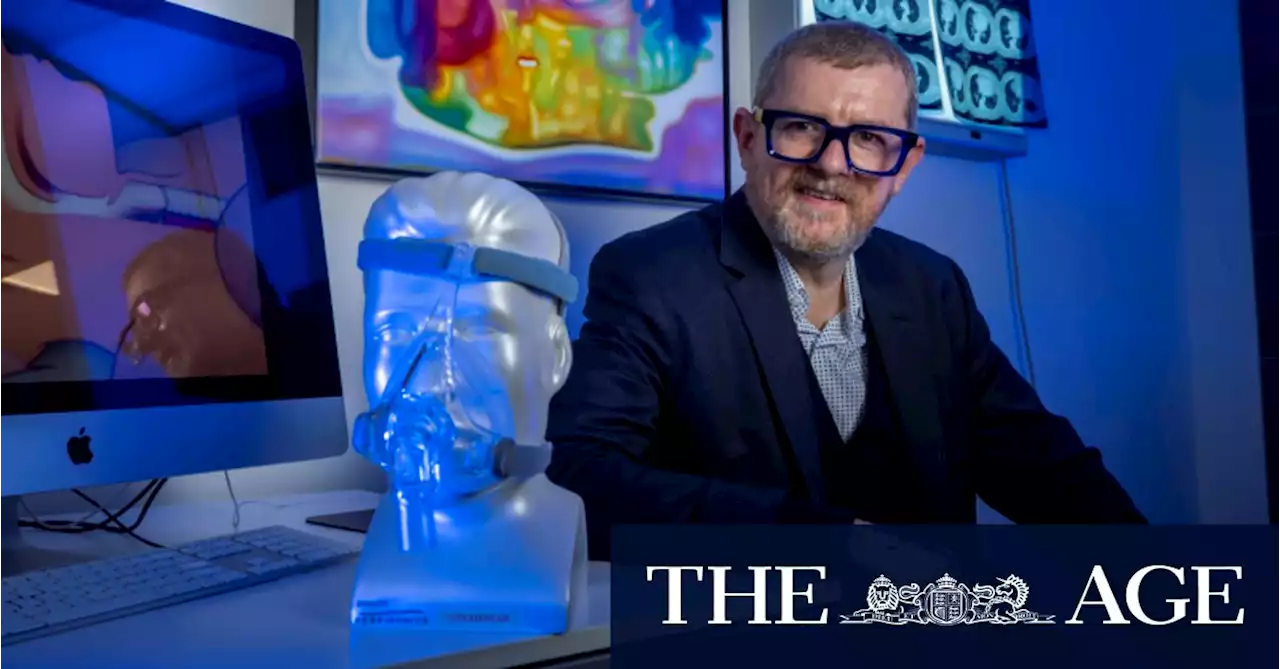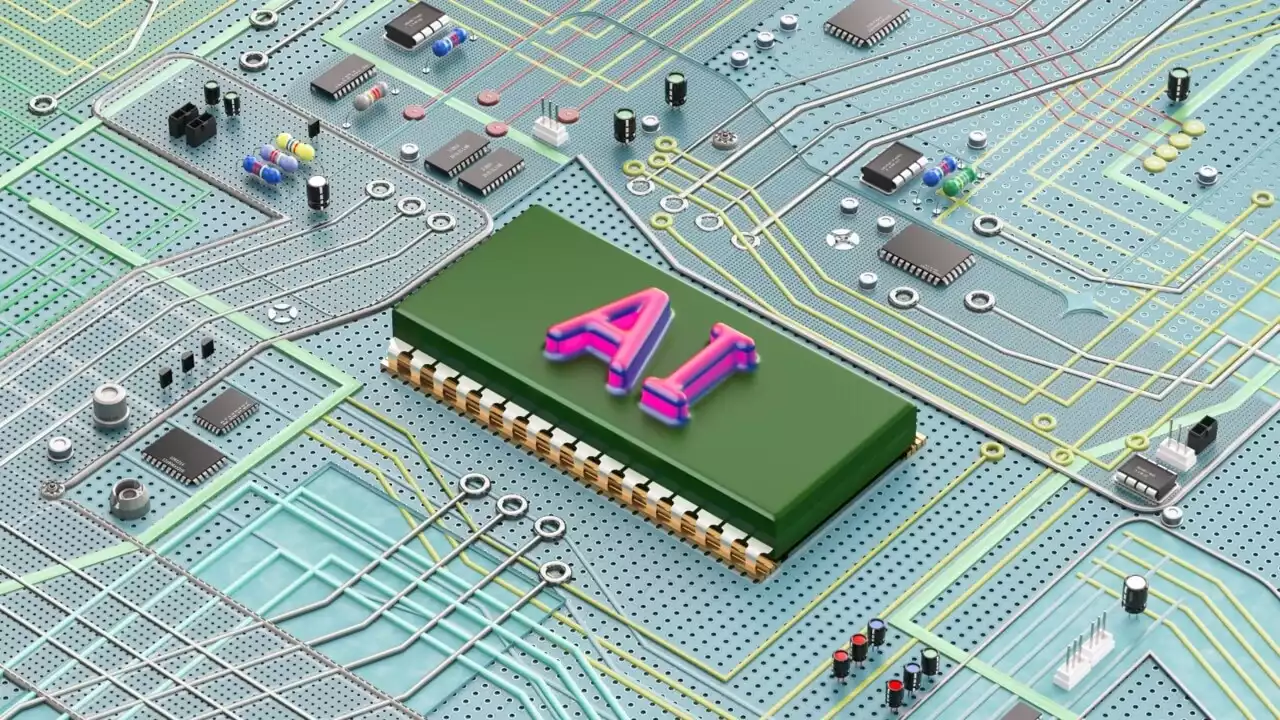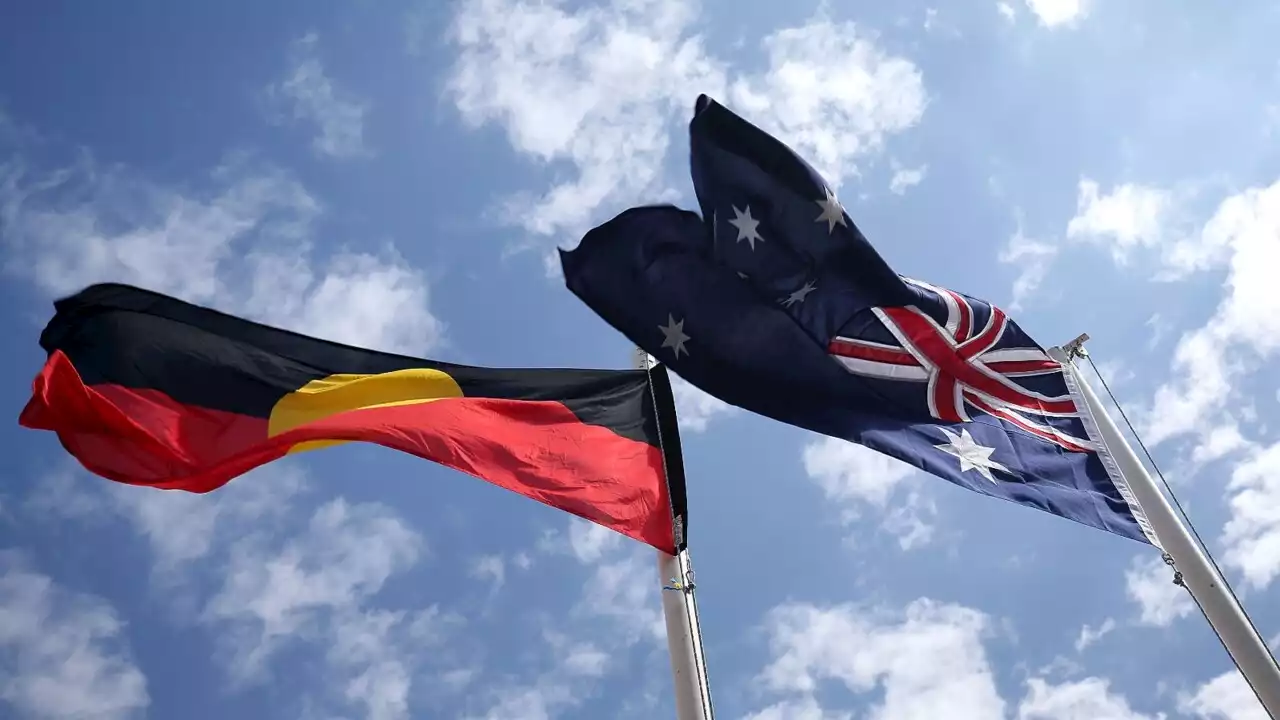Some 50,000 Australians die from cancer every year, even as we hear about big breakthroughs in treatments. What makes cancer so tough to tackle? And what, exactly, is it?
Add articles to your saved list and come back to them any time.A crisis of confidence can come from the most unassuming sources. For Darren Saunders, it was a simple question from his young daughter. The cancer biologist had been feeling pretty optimistic about developments in the search for cancer cures, with “whole new classes of treatments coming through”.
This is where the refrain about the moon breaks down. “We know what the moon is,” says Saunders, “we know where it is, we know how far it is, what it’s made of – so it’s a fixed target. Cancer is very different in that we still don’t completely understand what it is and how it works.
When cancer spreads, it is called metastatic. Medicos call the original tumour “primary” and the secondary tumours “mets”, short for metastases. Pathologists speak of grades of cancer and stages of its development . Although it is different in each case, generally a small tumour that has not spread is described as stage one, while cancer that has spread to at least one other body organ is stage four.
“You can produce a vaccine against something like the spike protein of the coronavirus because human cells don’t have spike proteins,” says Professor Ian Olver, one of Australia’s leading cancer researchers, bioethicists and medical oncologists, “so it’ll kill the virus but won’t kill the cells around it.
Saunders calls it a perfect storm. “They are horrible little things, but this amazing, adaptive behaviour is one of the things that make them so fascinating to study.”
Australia Latest News, Australia Headlines
Similar News:You can also read news stories similar to this one that we have collected from other news sources.
 ‘Running on adrenaline’: Sleep disorders a growing problem for young AustraliansAbout one in five young Australians now has a sleep disorder, most commonly insomnia, due to the lingering effects of the pandemic, researchers say
‘Running on adrenaline’: Sleep disorders a growing problem for young AustraliansAbout one in five young Australians now has a sleep disorder, most commonly insomnia, due to the lingering effects of the pandemic, researchers say
Read more »
 ‘Running on adrenaline’: Sleep disorders a growing problem for young AustraliansAbout one in five young Australians are believed to have a sleep disorder, and doctors warn they are observing rising rates of insomnia.
‘Running on adrenaline’: Sleep disorders a growing problem for young AustraliansAbout one in five young Australians are believed to have a sleep disorder, and doctors warn they are observing rising rates of insomnia.
Read more »
 Aussies showing resistance to AI technology adoptionAccording to a new study, most Australians are reluctant to adopt AI technology, The KPMG study found 71 per cent of Australians are worried about the long-term impact on society, and a third are concerned there is not enough regulation.
Aussies showing resistance to AI technology adoptionAccording to a new study, most Australians are reluctant to adopt AI technology, The KPMG study found 71 per cent of Australians are worried about the long-term impact on society, and a third are concerned there is not enough regulation.
Read more »
 Phil Lowe’s great mistake was speaking clearlyOPINION: Philip Lowe’s big mistake was Reserve Bank governor was to speak in terms that ordinary Australians could understand, rather than resorting to central banker-speak.
Phil Lowe’s great mistake was speaking clearlyOPINION: Philip Lowe’s big mistake was Reserve Bank governor was to speak in terms that ordinary Australians could understand, rather than resorting to central banker-speak.
Read more »
 Aussies holidaying in Bali to be hit by new fees from 2024Australian holidaymakers travelling to Bali will be required to pay a new tourism tax from 2024 in a bid to 'glorify, protect and preserve' the island's culture and change its perception as a 'cheap' destination.
Aussies holidaying in Bali to be hit by new fees from 2024Australian holidaymakers travelling to Bali will be required to pay a new tourism tax from 2024 in a bid to 'glorify, protect and preserve' the island's culture and change its perception as a 'cheap' destination.
Read more »
 Voice is ‘tanking’ in the polls and critics who slander ‘No’ voters are partly to blameSky News Digital Editor Jack Houghton says the only people he sees dividing Australians are “unhinged journalists” who push their personal politics over objectivity. The Australian Financial Review’s Mark Di Stefano recently wrote an article describing those with strong feelings about the Voice to Parliament as “weirdos and freaks” while panning Sky News for launching a new channel dedicated to the debate. “Those two sentences tell us so much about how most Australian journalists see the Voice,” Mr Houghton said. “They think activists should be able to change the constitution without even having a debate. It is a shocking indictment on our industry and a tactic which will not work. “The Voice is tanking in the polls and people like Di Stefano who slander Australians as freaks are partly to blame.”
Voice is ‘tanking’ in the polls and critics who slander ‘No’ voters are partly to blameSky News Digital Editor Jack Houghton says the only people he sees dividing Australians are “unhinged journalists” who push their personal politics over objectivity. The Australian Financial Review’s Mark Di Stefano recently wrote an article describing those with strong feelings about the Voice to Parliament as “weirdos and freaks” while panning Sky News for launching a new channel dedicated to the debate. “Those two sentences tell us so much about how most Australian journalists see the Voice,” Mr Houghton said. “They think activists should be able to change the constitution without even having a debate. It is a shocking indictment on our industry and a tactic which will not work. “The Voice is tanking in the polls and people like Di Stefano who slander Australians as freaks are partly to blame.”
Read more »
